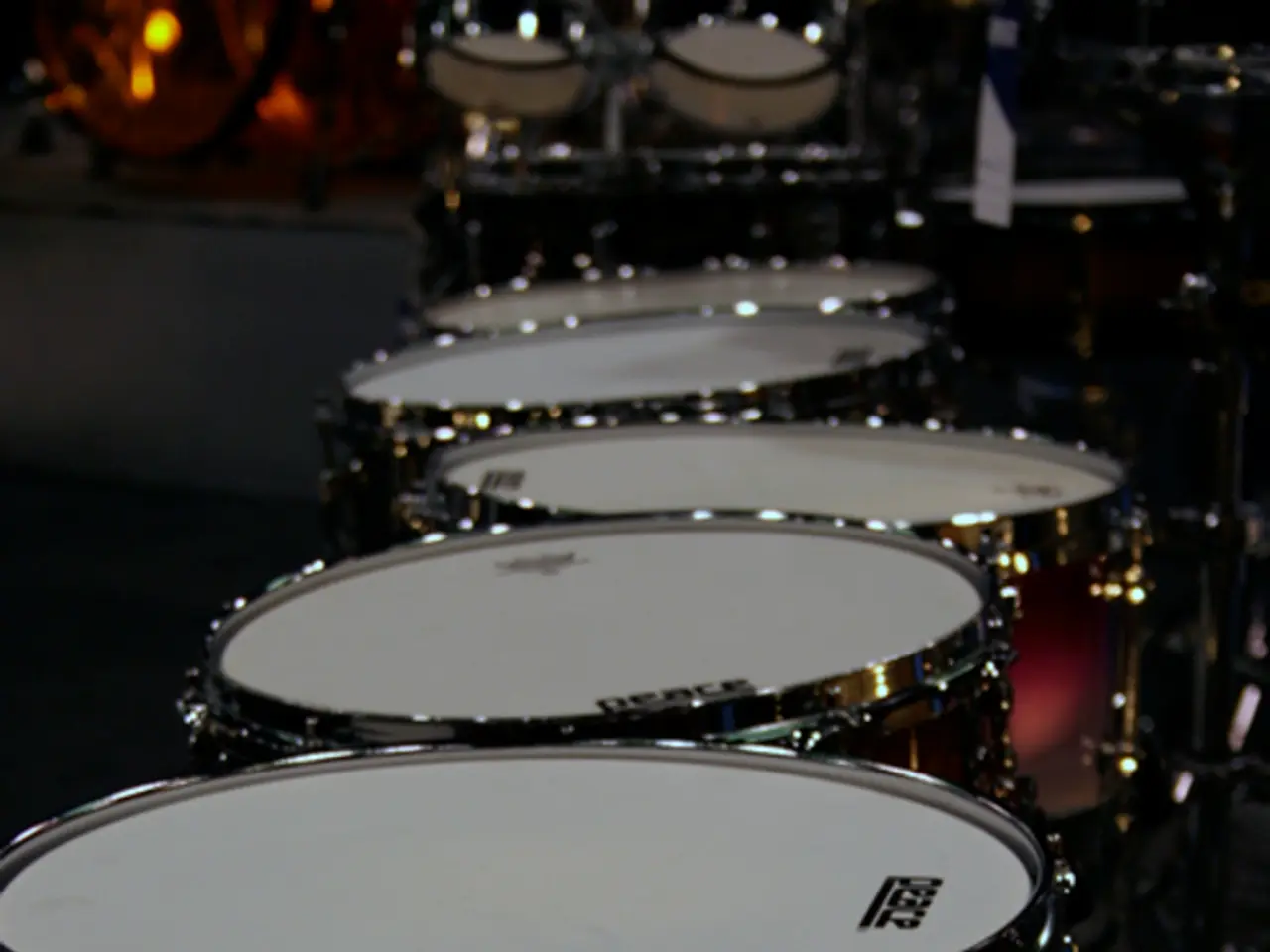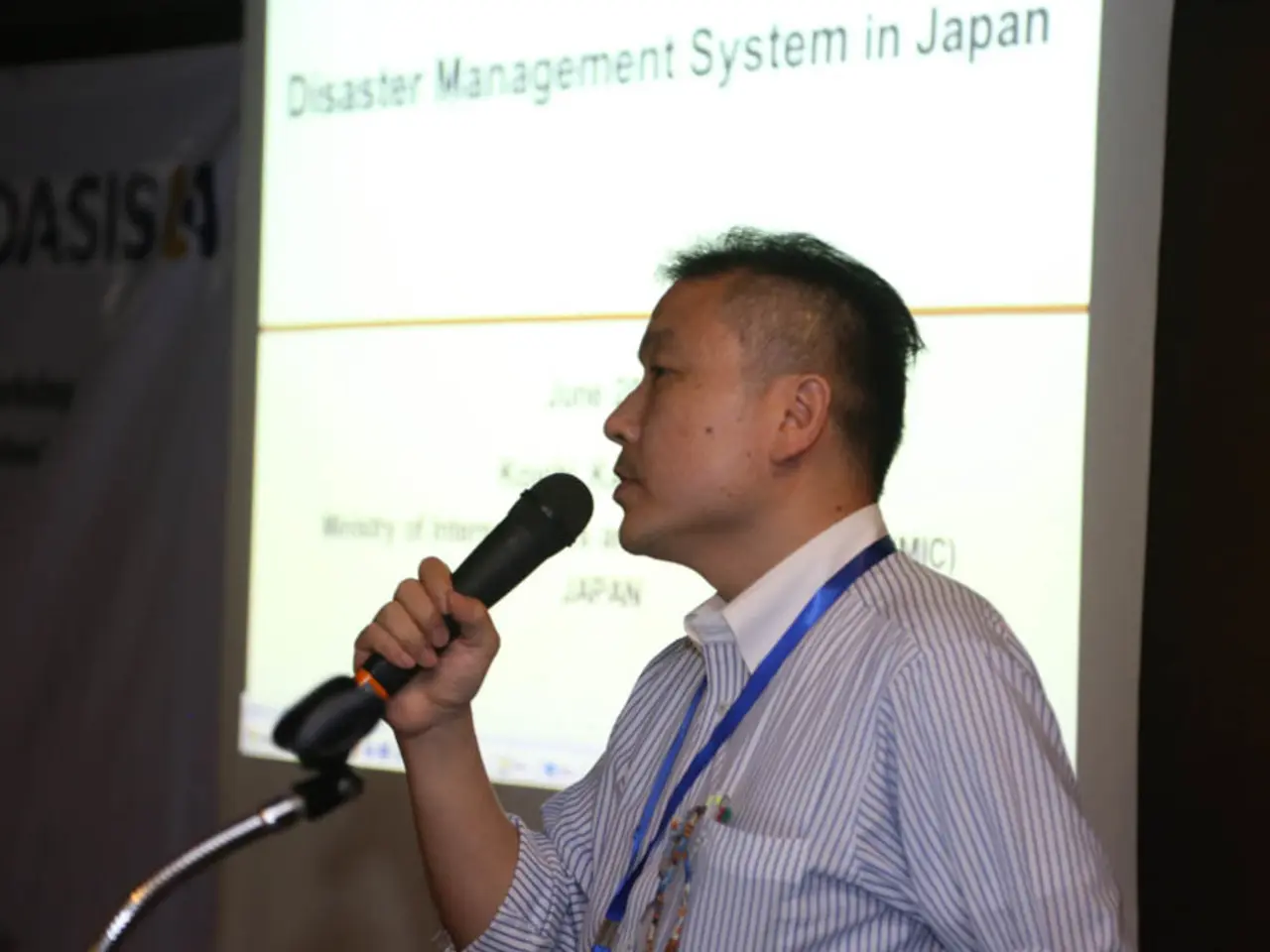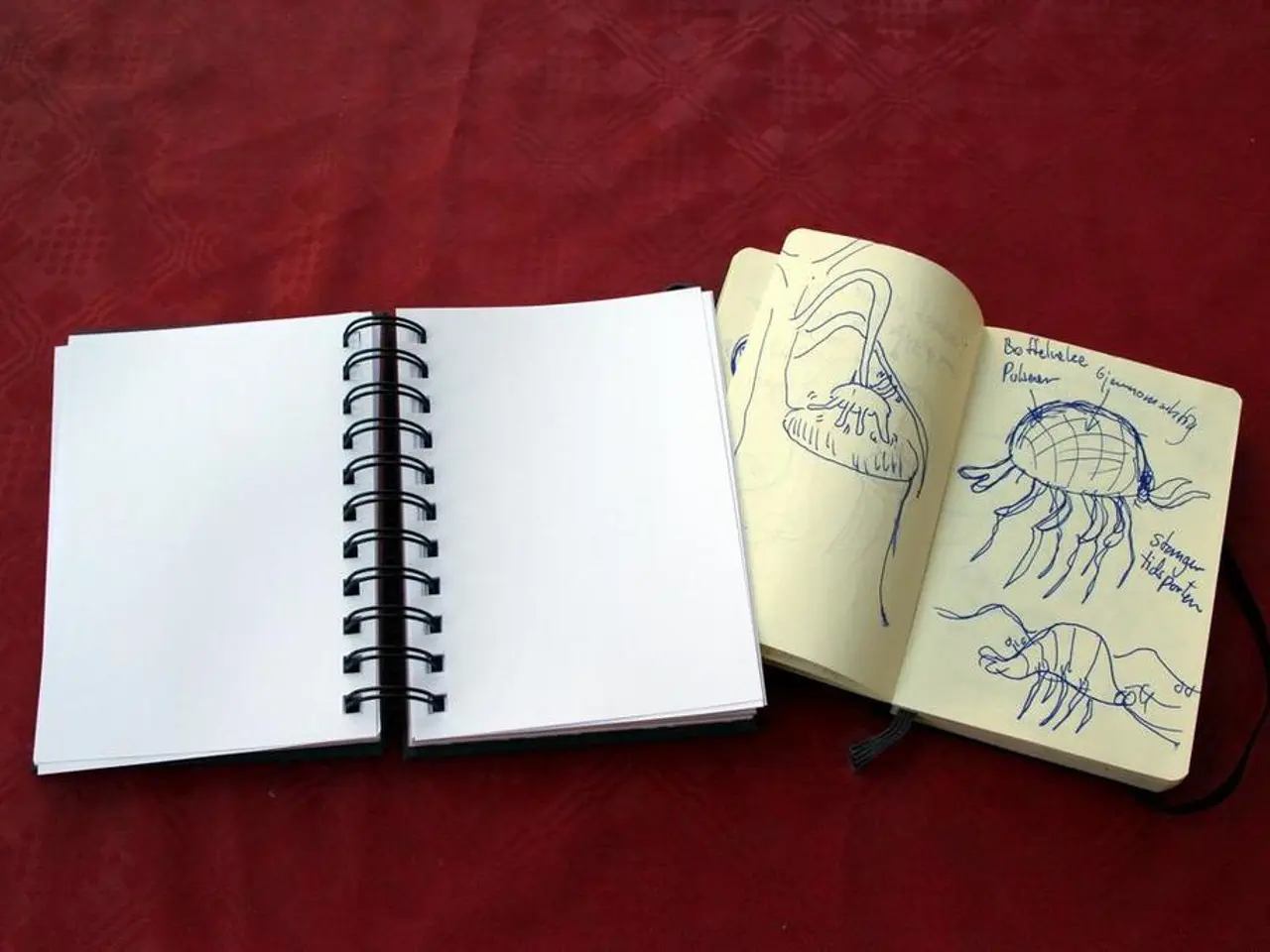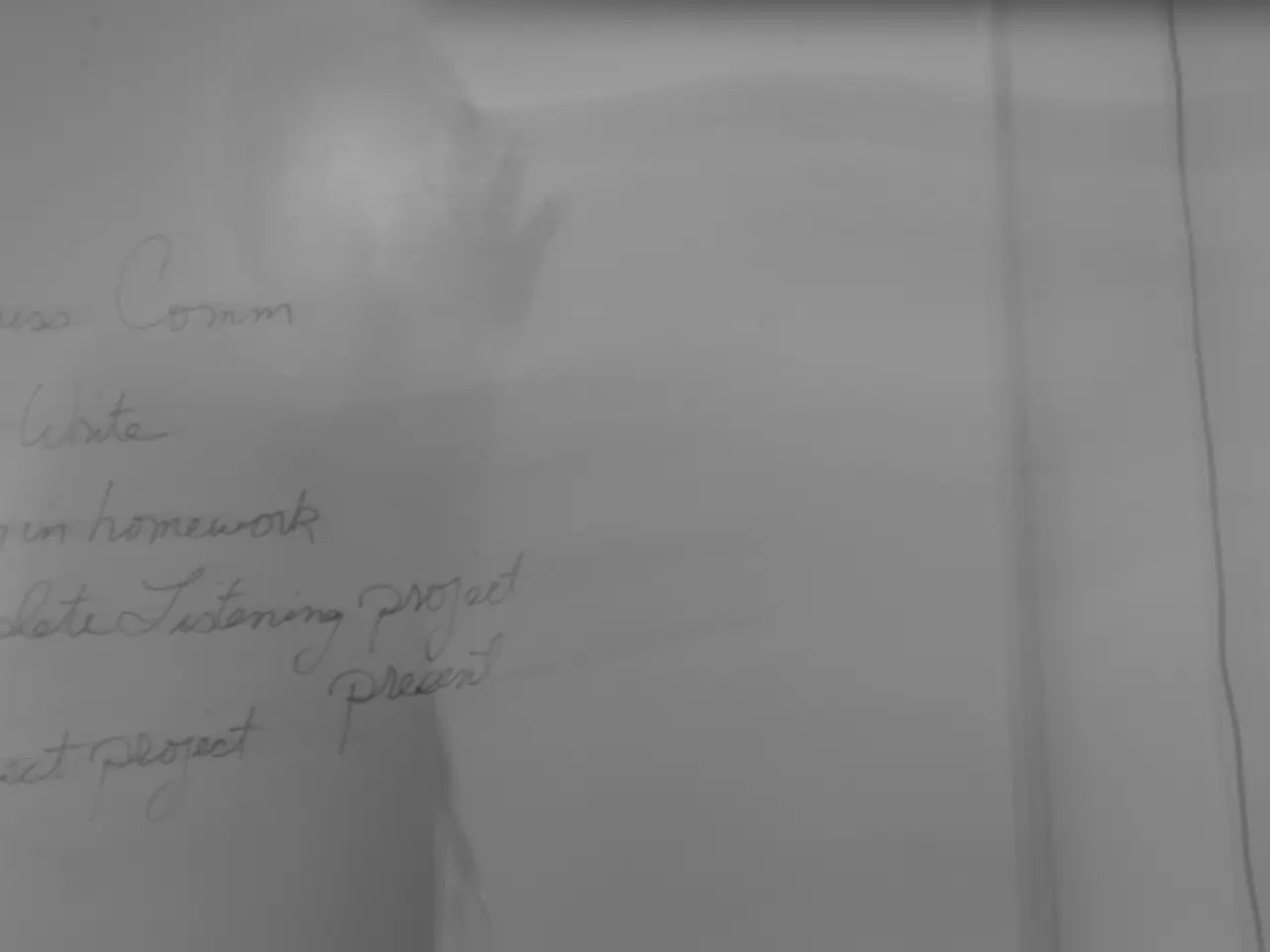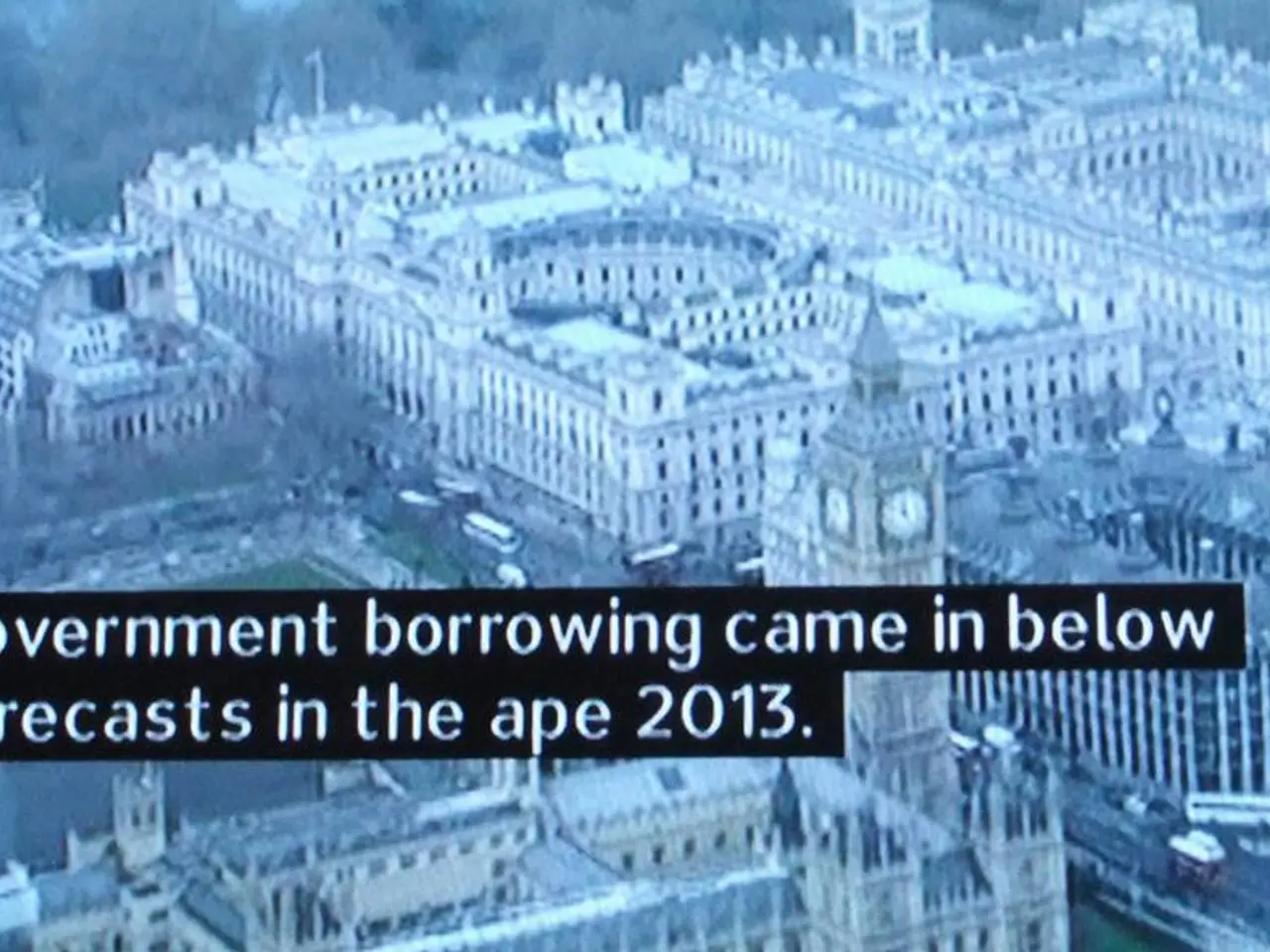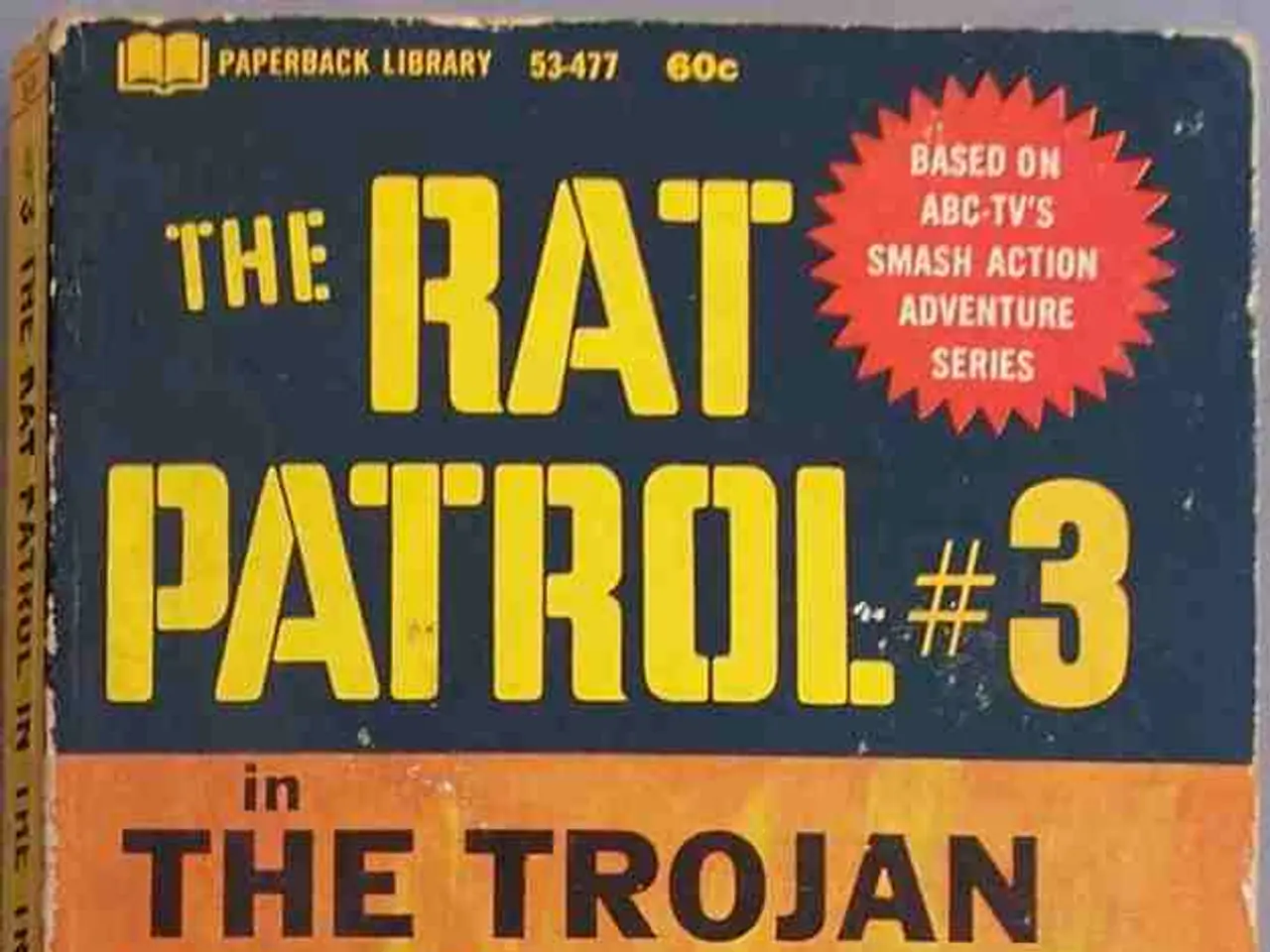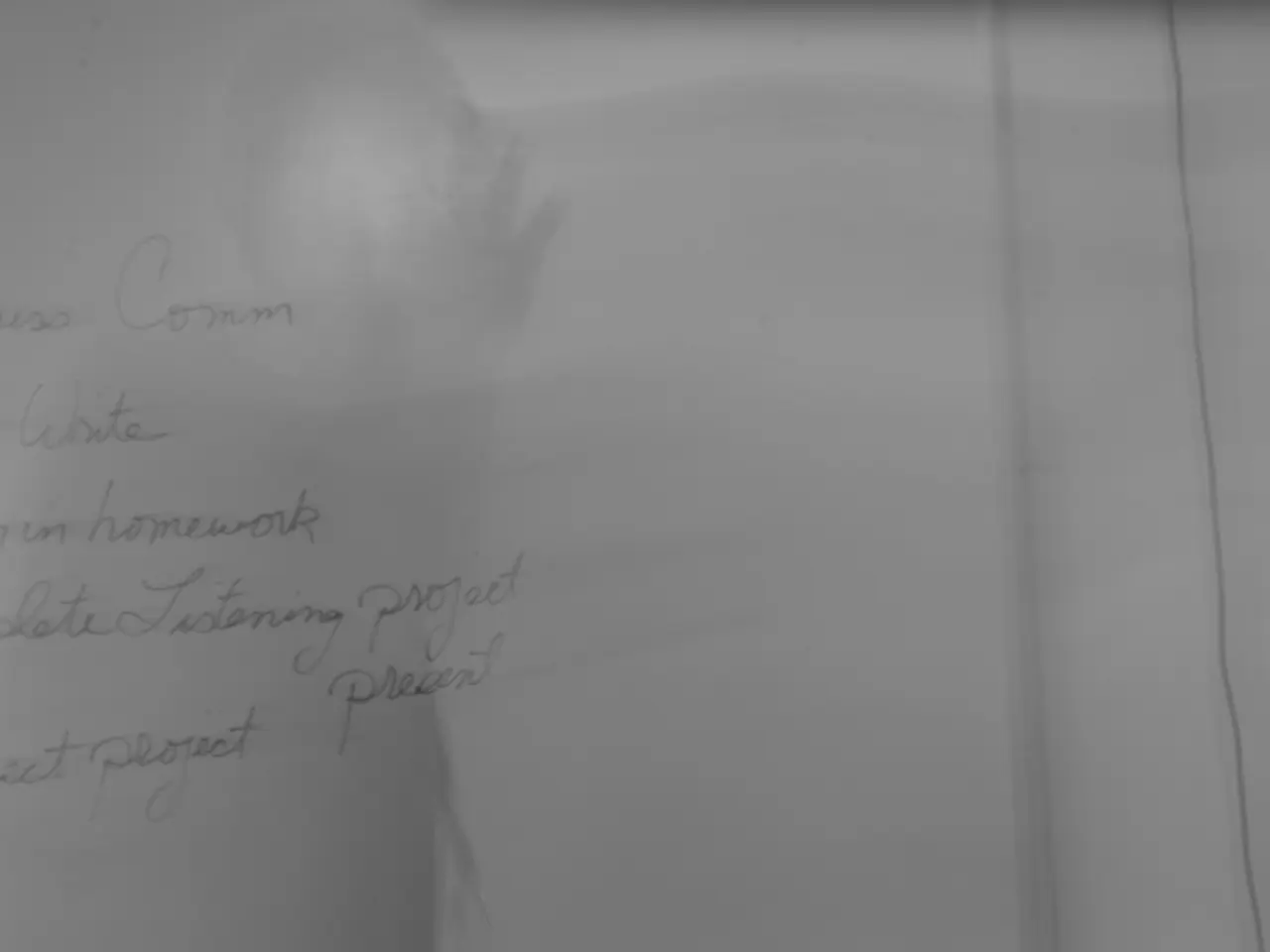U.S. Launches Manhunt for Venezuelan President Nicolas Maduro with a $50 Million Bounty on His Head: Explanation of the Reasoning
Venezuelan President Nicolás Maduro found himself at the centre of a heated international debate after the U.S. government announced a significant bounty on his head. The U.S. Department of Justice has offered up to a $50 million reward for information leading to the arrest or conviction of Venezuelan President Nicolás Maduro. This is an increase from an earlier $15 million reward announced in 2020 when Maduro was first accused by the U.S. of narcoterrorism.
The move is part of a broader U.S. strategy targeting drug trafficking networks in Latin America, especially the so-called Cartel de Los Soles, allegedly involving high-ranking Venezuelan officials including Maduro. The U.S. Department of Justice and the DEA are actively pursuing tips and intelligence to dismantle these networks[1][2][4].
The reward highlights the U.S. government's framing of Maduro as a major narcotrafficker and threat to U.S. national security. It is also tied to sanctions and efforts to isolate the Maduro regime. The DEA has encouraged anonymous tip submissions and relied on past successes in capturing cartel leaders using similar tactics[4].
However, the Venezuelan government strongly opposes the U.S. reward offer. Maduro’s regime has historically condemned U.S. accusations as politically motivated interference and an aggression against Venezuelan sovereignty. The Venezuelan government views the reward and U.S. actions as attempts of regime change[2].
Russia, a key ally of Venezuela, has criticized the U.S. offer as an act of hostile intervention. Moscow frames the U.S. actions as violations of international law and supports Maduro politically and diplomatically. Russia’s backing includes denouncing the U.S. reward as further unwarranted pressure on Venezuela amid geopolitical tensions[2].
The U.S. government's actions come amidst the backdrop of the 2021 Venezuelan presidential election. On July 28, 2021, Maduro won with 52% of the votes, while his opponent from the opposition, Edmund Gonzalez, received 43%. However, the Biden administration refused to recognize the election results and declared Gonzalez as the president of Venezuela[3].
In a surprising turn of events, Maduro congratulated Russian President Vladimir Putin on his re-election in 2024[5]. The Venezuelan ambassador discussed the reasons for this first congratulatory message, highlighting the common values shared between Russia and Venezuela[6]. Over a hundred agreements have been signed between the two countries in the last three years, covering various areas, including energy, military-technical ties, and sports cooperation, with an agreement on sports cooperation extending until 2028[7].
The diplomatic landscape surrounding Maduro remains complex, with the U.S. and Russia taking opposing stances. The Venezuelan government, however, continues to assert its sovereignty in the face of external pressures.
| Aspect | Details | |------------------------|------------------------------------------------------------------------------------| | U.S. Reward Amount | Increased to $50 million as of August 2025 | | Background | U.S. accuses Maduro of narcoterrorism; linked to narco-cartel "Cartel de Los Soles" | | U.S. Strategy | Combating narcoterrorism via sanctions, bounties, intelligence gathering | | Venezuelan Govt. View | Rejects reward as hostile interference, calls it political aggression | | Russia's Position | Condemns U.S. reward as violation of sovereignty and international law | | Election Results | Maduro wins 2021 presidential election with 52% of votes; Gonzalez receives 43% | | U.S. Recognition of Election Results | Biden administration declares Gonzalez as the president of Venezuela | | Diplomatic Relations | Maduro congratulates Putin on re-election; over a hundred agreements signed |
References:
- US Department of Justice
- BBC News
- Reuters
- CNN
- Associated Press
- Venezuelanalysis
- TASS
- The U.S. Department of Justice's recent increase of the reward for information leading to the arrest or conviction of Venezuelan President Nicolás Maduro to $50 million highlights their ongoing focus on policy-and-legislation related to war-and-conflicts, particularly targeting drug trafficking networks and key players in Latin America, like the Cartel de Los Soles.
- The Venezuelan government has criticized this reward offer as part of an allegedly political interference in their country's affairs, viewing it as an attempt at regime change and violation of their sovereignty. This position is supported by Russia, another key player in Venezuelan politics and diplomacy, who has criticized the U.S. actions as hostile interventions and violations of international law.
- On the other side, the reward and policy-and-legislation concerning Maduro's narcoterrorism charges are part of a broader U.S. strategy aimed at crime-and-justice issues, with the intention to dismantle drug trafficking networks, as demonstrated by ongoing intelligence-gathering efforts by the Department of Justice and the DEA. Meanwhile, the general news and politics both locally and internationally continue to follow developments in the diplomatic landscape surrounding Maduro.
